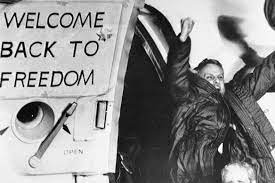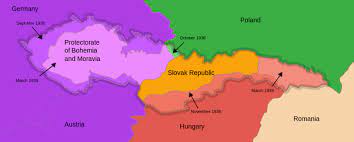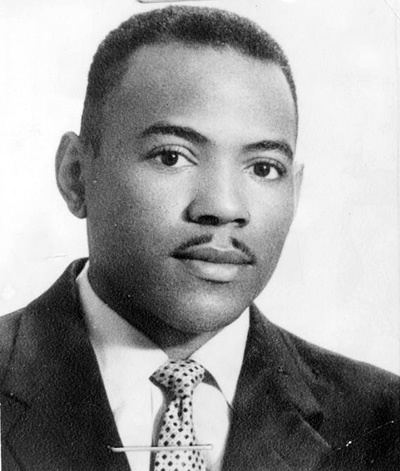On October 26, 2001, the United States Congress passed the USA PATRIOT Act (Uniting and Strengthening America by Providing Appropriate Tools Required to Intercept and Obstruct Terrorism Act). This legislation was enacted in response to the terrorist attacks that occurred on September 11, 2001, with the aim of enhancing national security and enabling law enforcement agencies to more effectively prevent and combat terrorism.
The USA PATRIOT Act was a sweeping piece of legislation that significantly expanded the powers of law enforcement and intelligence agencies in their efforts to detect and prevent acts of terrorism. It granted broader surveillance capabilities, increased information sharing between government agencies, and provided authorities with enhanced tools to investigate and prosecute suspected terrorists.
One of the key provisions of the Patriot Act was the expansion of surveillance powers granted to law enforcement agencies. It allowed for the collection of intelligence through various means, including wiretapping, electronic surveillance, and the monitoring of internet and communication activities. These measures were intended to enable authorities to gather information and intercept potential terrorist communications more efficiently.
Additionally, the Patriot Act facilitated increased information sharing between various government agencies. It removed certain legal barriers that hindered communication and cooperation among intelligence agencies, law enforcement, and other entities involved in counterterrorism efforts. This provision aimed to streamline the exchange of critical information and improve coordination to prevent future terrorist attacks.
The legislation also provided authorities with new tools to investigate and prosecute suspected terrorists. It expanded the scope of material support for terrorism offenses, allowing law enforcement agencies to target individuals or groups providing resources, including financial support, to terrorist organizations. The Patriot Act also made it easier for authorities to obtain search warrants and conduct surveillance on individuals suspected of terrorism-related activities.
However, the USA PATRIOT Act was not without controversy. Critics argued that it infringed upon civil liberties and privacy rights, raising concerns about the potential for government overreach and abuse of power. The expanded surveillance powers granted by the legislation were seen by some as a violation of individual privacy, as they allowed for the collection of personal information without sufficient oversight.
In response to these concerns, there have been efforts to amend and modify certain provisions of the Patriot Act. For example, the USA FREEDOM Act, enacted in 2015, aimed to curtail some of the more controversial surveillance programs authorized under the Patriot Act, while still allowing for effective counterterrorism measures.
The USA PATRIOT Act remains a significant piece of legislation in the ongoing debate surrounding national security and civil liberties. It represents a response to the unprecedented threat of terrorism faced by the United States and reflects the efforts to strike a balance between safeguarding the nation and protecting individual rights.






